The Open Society Fellowship supports public intellectuals from seven global cities that are home to a dynamic circle of thinkers and cultural producers engaged in high-level critical debate.
The Open Society Fellowship supports public intellectuals from seven cities across Africa, Asia, Latin America, and the Middle East.
The fellows are drawn from cities that are home to a dynamic circle of thinkers and cultural producers engaged in high-level critical debate. The cities are Beirut, Buenos Aires, Colombo, Dar es Salaam, Jakarta, Lagos, and Taipei.
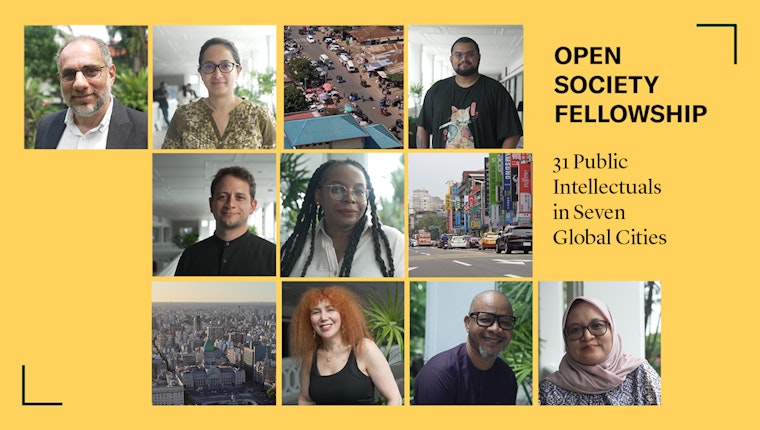
Selected by a distinguished panel of external reviewers, the fellows’ projects exemplify heterodox thinking and openness to new approaches and vigorous debate. The fellows are helping to shape global conversations on the most pressing issues of our time—from human rights and social justice to climate change and inequality.
The Fellowship reflects the Open Society Foundations’ dedication to a vision of restless critical thought and alternative viewpoints that advance open society.
Read about the 2025-2026 fellows here.
-
Jonathan Rowson
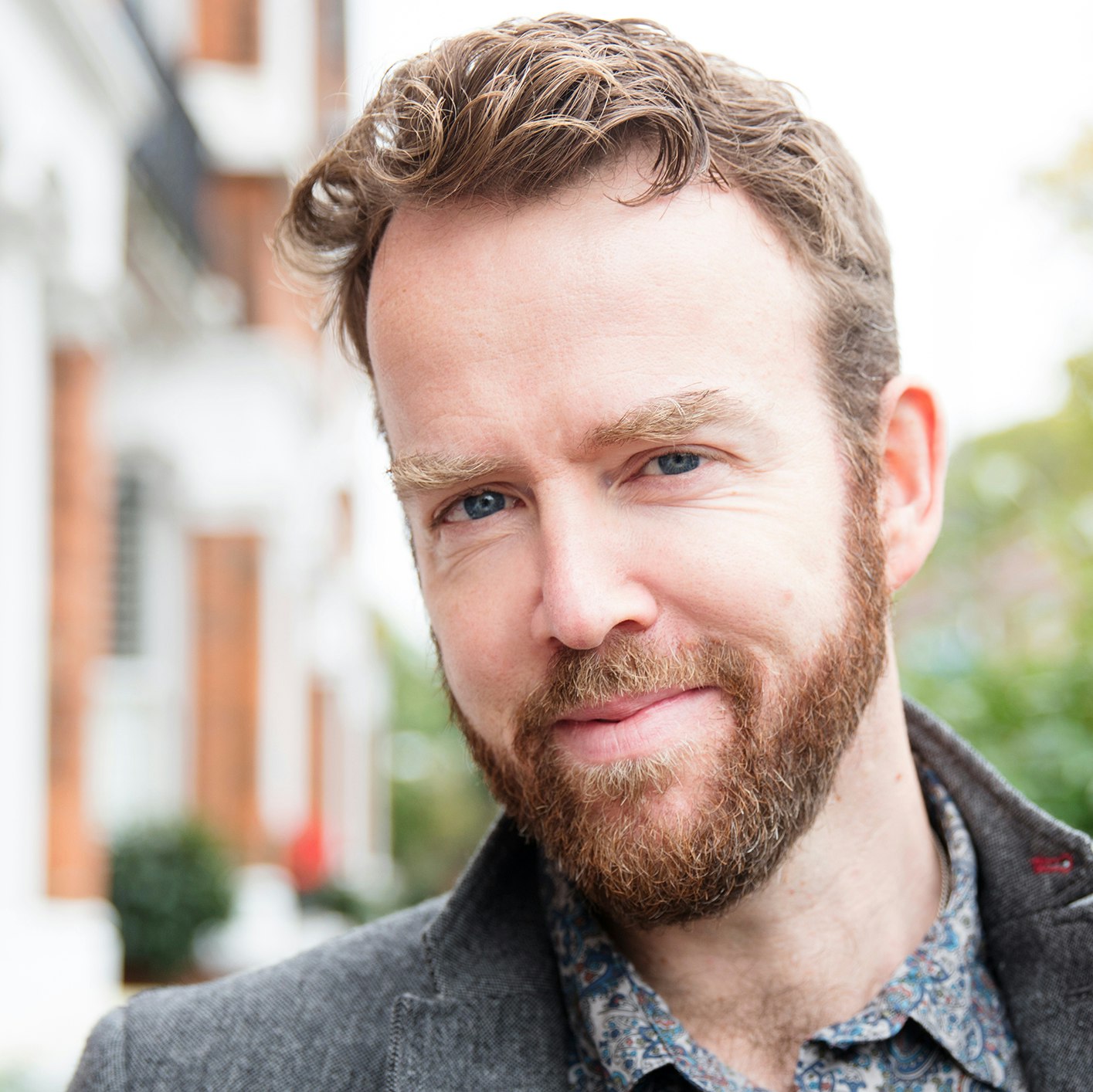 2018Jonathan Rowson is working to reframe human rights language in a richer understanding of human nature and human experience.
2018Jonathan Rowson is working to reframe human rights language in a richer understanding of human nature and human experience. -
Jose Miguel Calatayud
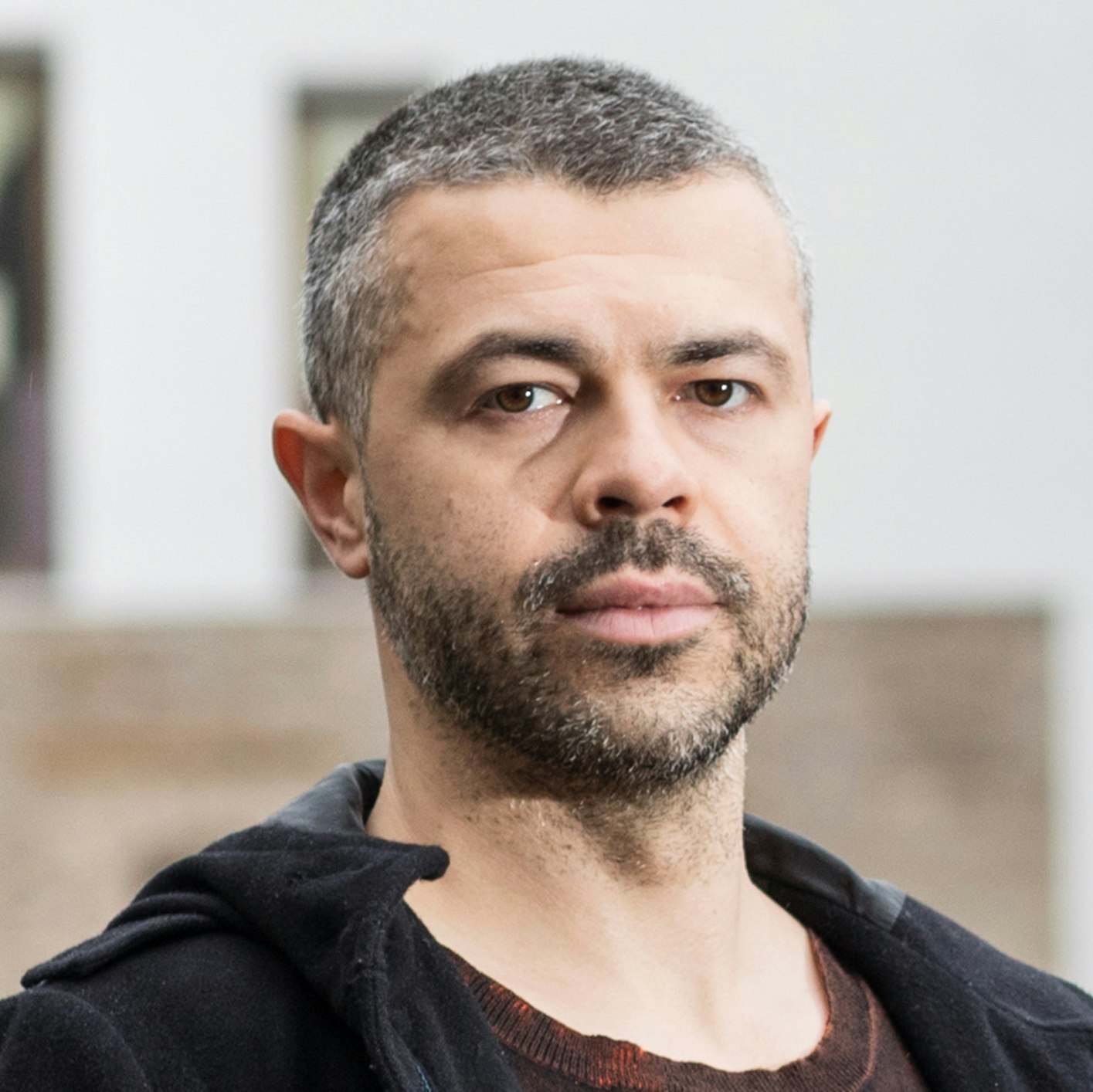 2018Jose Miguel Calatayud, a journalist, is investigating the extent to which human rights in Europe can be re-situated within citizen-based political movements.
2018Jose Miguel Calatayud, a journalist, is investigating the extent to which human rights in Europe can be re-situated within citizen-based political movements. -
Luis CdeBaca
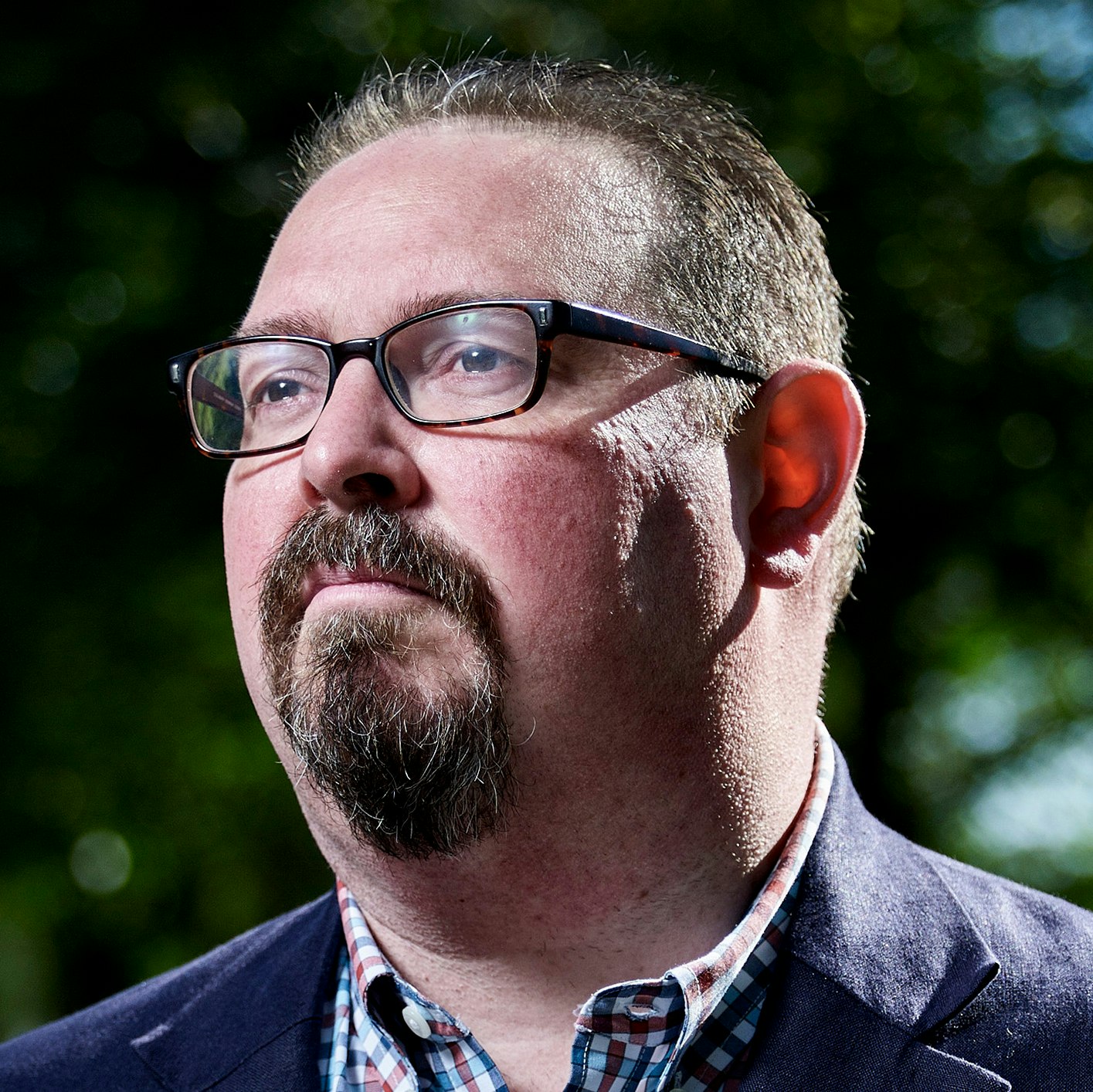 2018Luis CdeBaca will apply lessons from corporate social responsibility campaigns to anti-slavery movements in the United States and globally.
2018Luis CdeBaca will apply lessons from corporate social responsibility campaigns to anti-slavery movements in the United States and globally. -
Manu Luksch
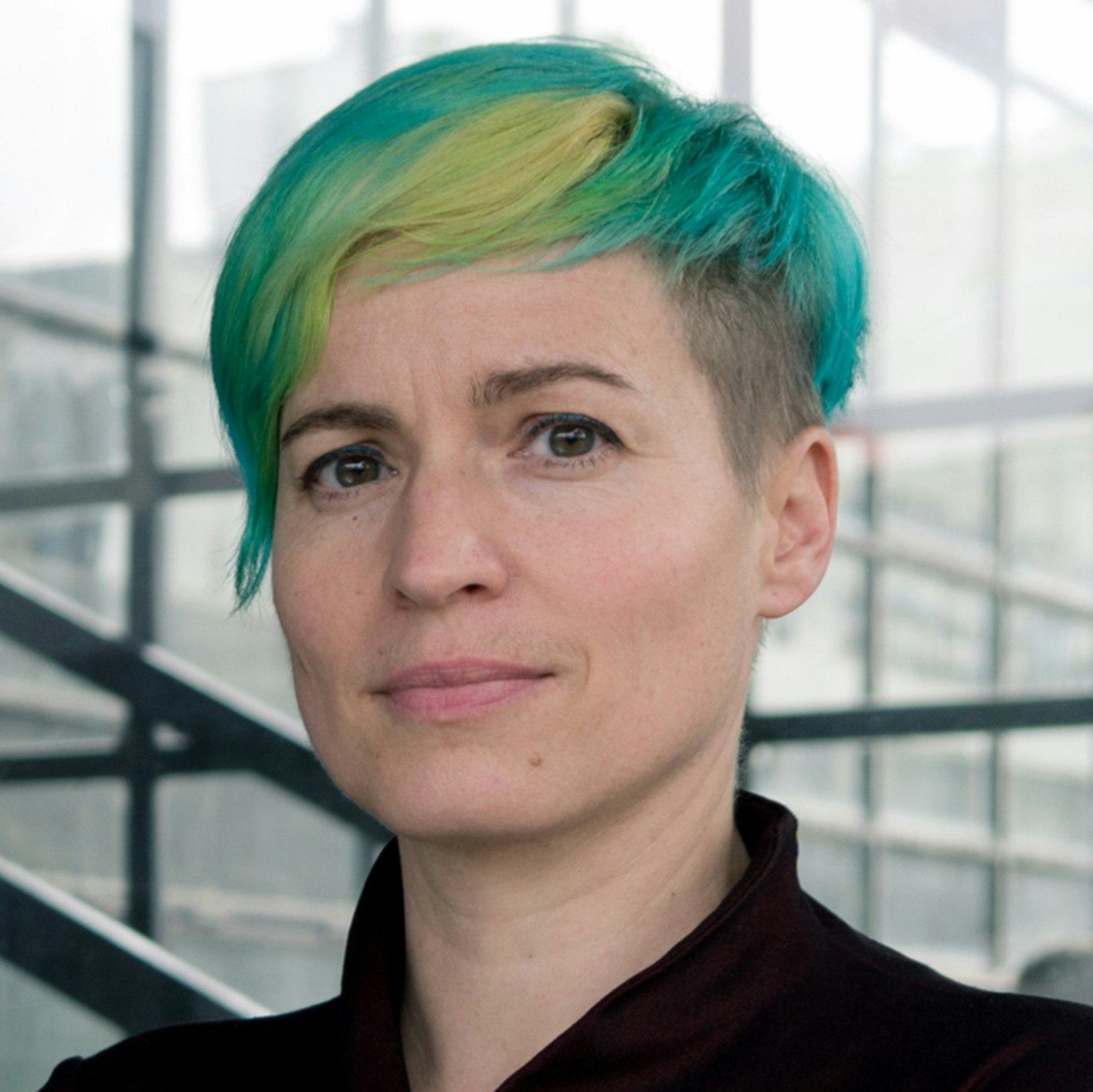 2018Manu Luksch is creating moving image artworks to call attention to the threats posed to human rights by the rise of algorithmically-managed societies.
2018Manu Luksch is creating moving image artworks to call attention to the threats posed to human rights by the rise of algorithmically-managed societies. -
Nadia Marzouki
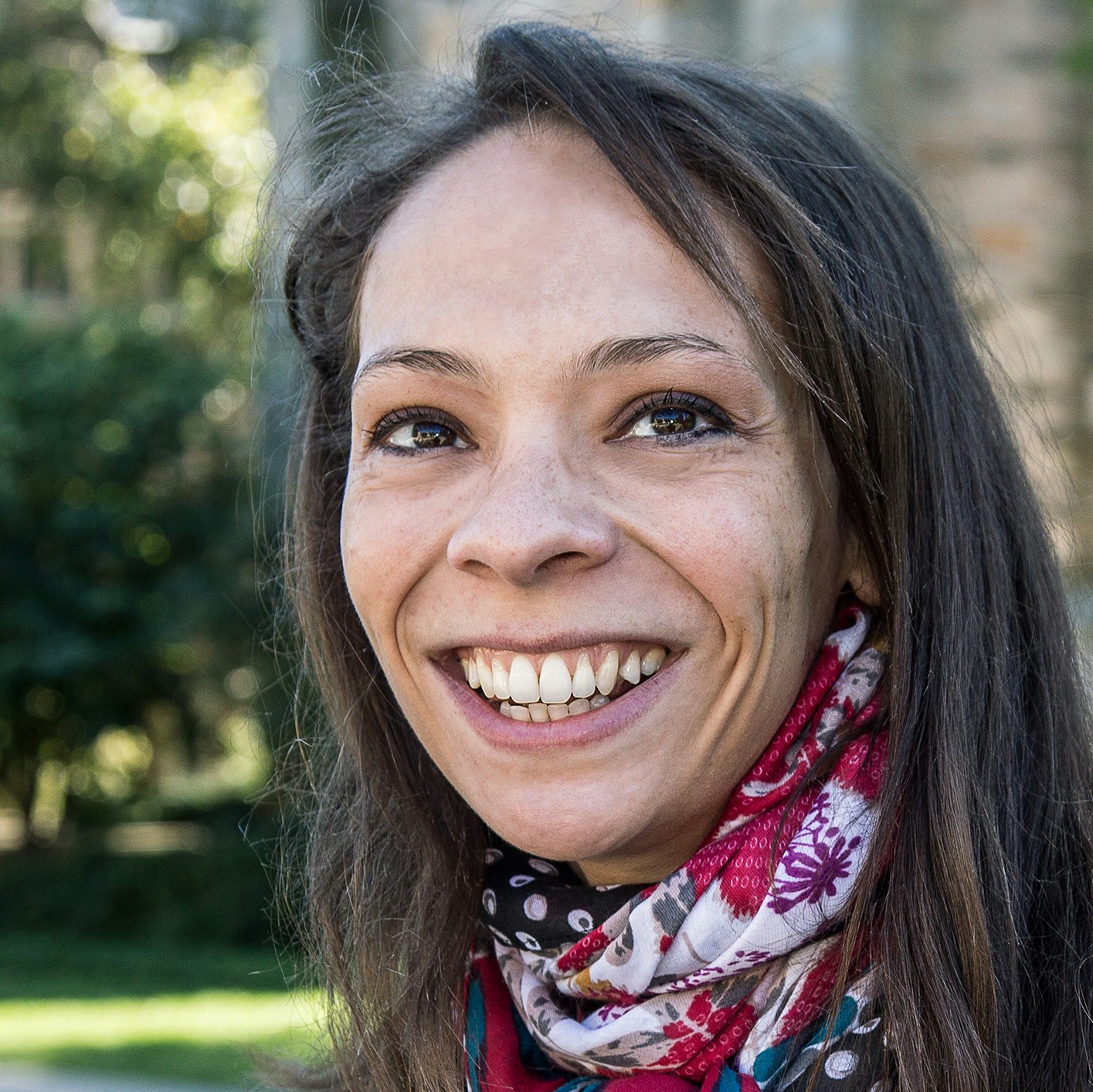 2018Nadia Marzouki is challenging the traditional view that liberal secularists are locked in battle with religious fundamentalists. Instead, she sees "civic ecumenism" as an effective counterweight to religious nationalism.
2018Nadia Marzouki is challenging the traditional view that liberal secularists are locked in battle with religious fundamentalists. Instead, she sees "civic ecumenism" as an effective counterweight to religious nationalism. -
Obinna Anyadike
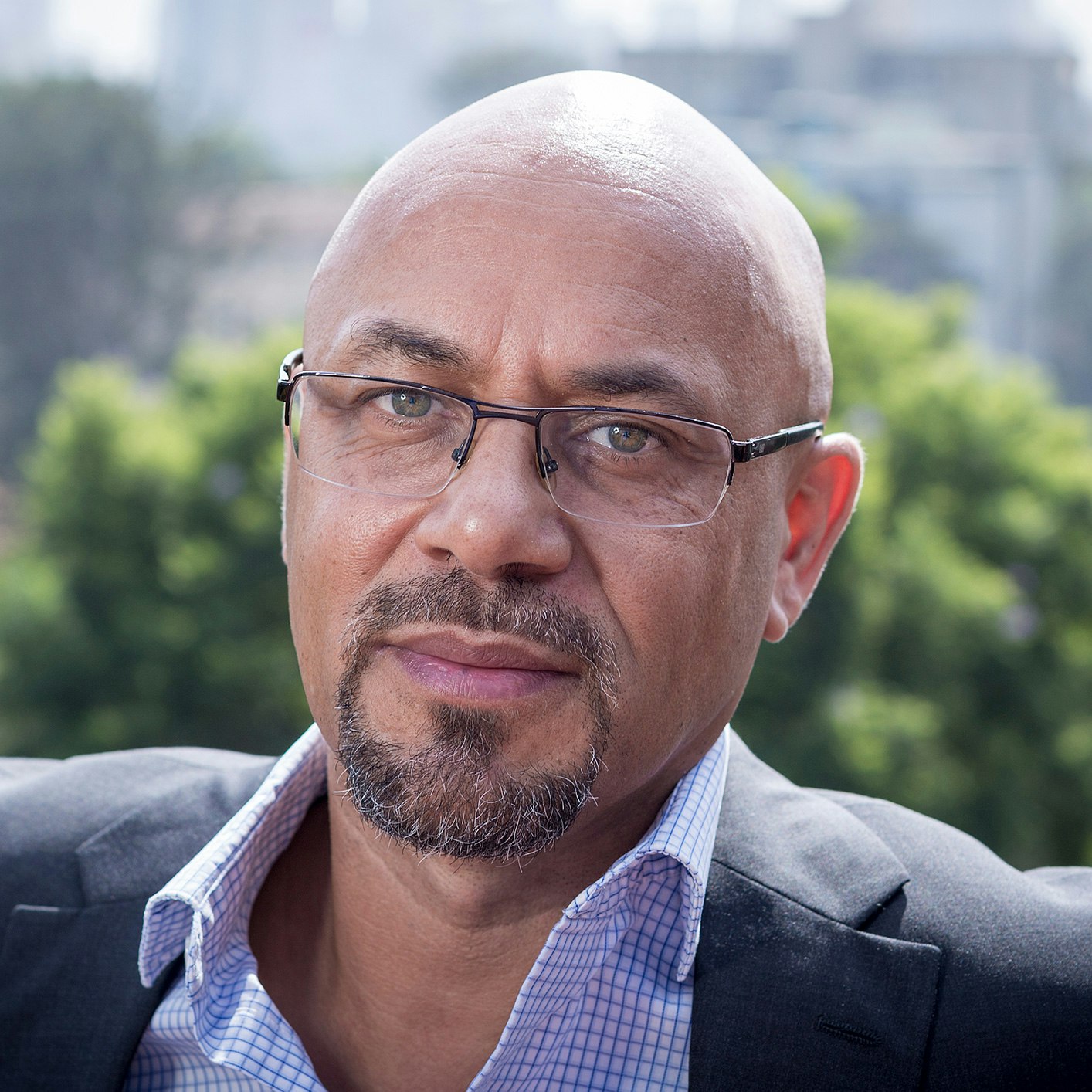 2018Journalist Obinna Anyadike will look into the recruitment and retention practices of Boko Haram to better understand the consequences of military approaches to violent extremism.
2018Journalist Obinna Anyadike will look into the recruitment and retention practices of Boko Haram to better understand the consequences of military approaches to violent extremism. -
Papa Faye
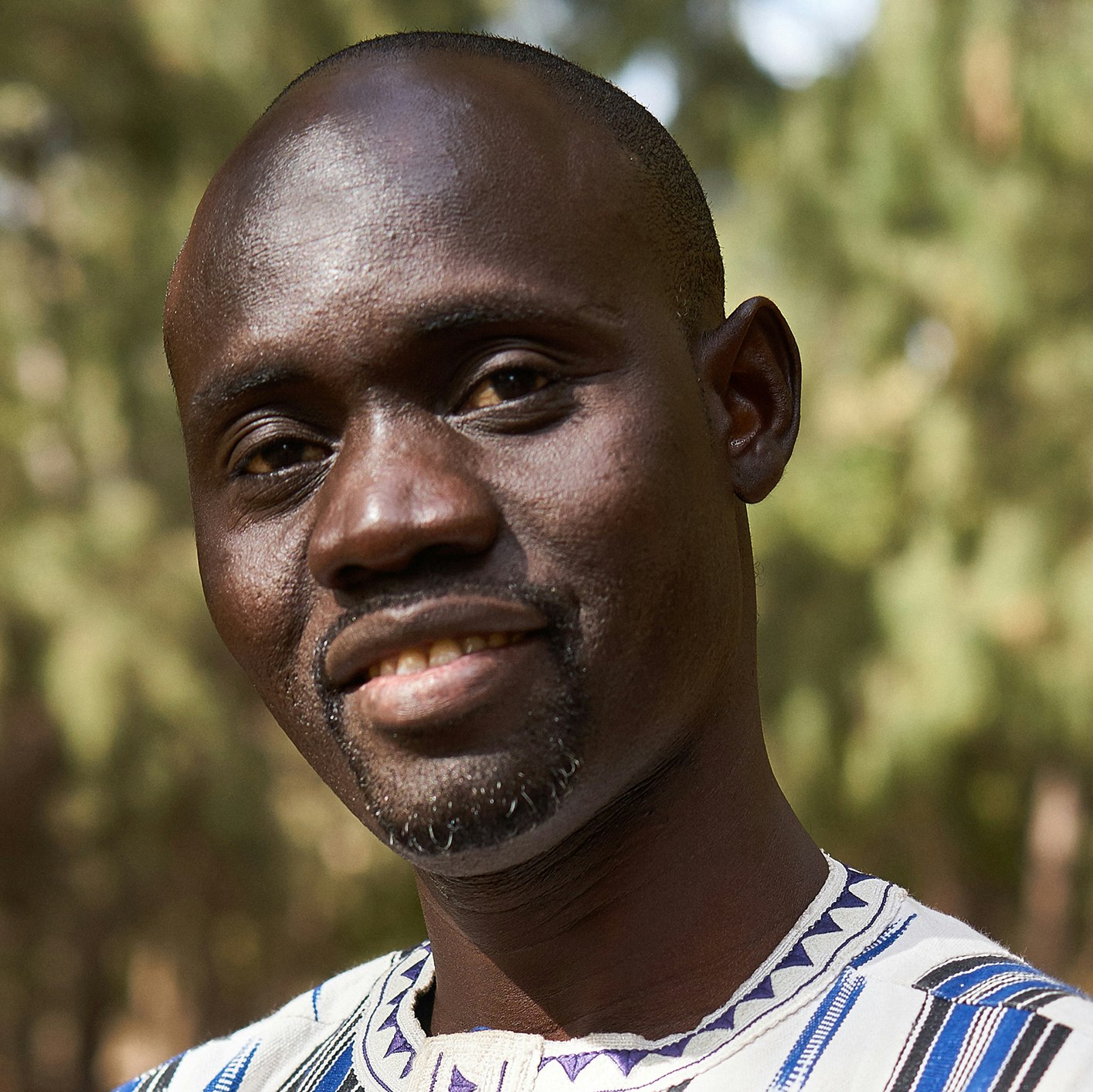 2018Papa Faye is investigating whether existing legal frameworks effectively guarantee human rights enforcement in resource-rich regions.
2018Papa Faye is investigating whether existing legal frameworks effectively guarantee human rights enforcement in resource-rich regions. -
William Isaac
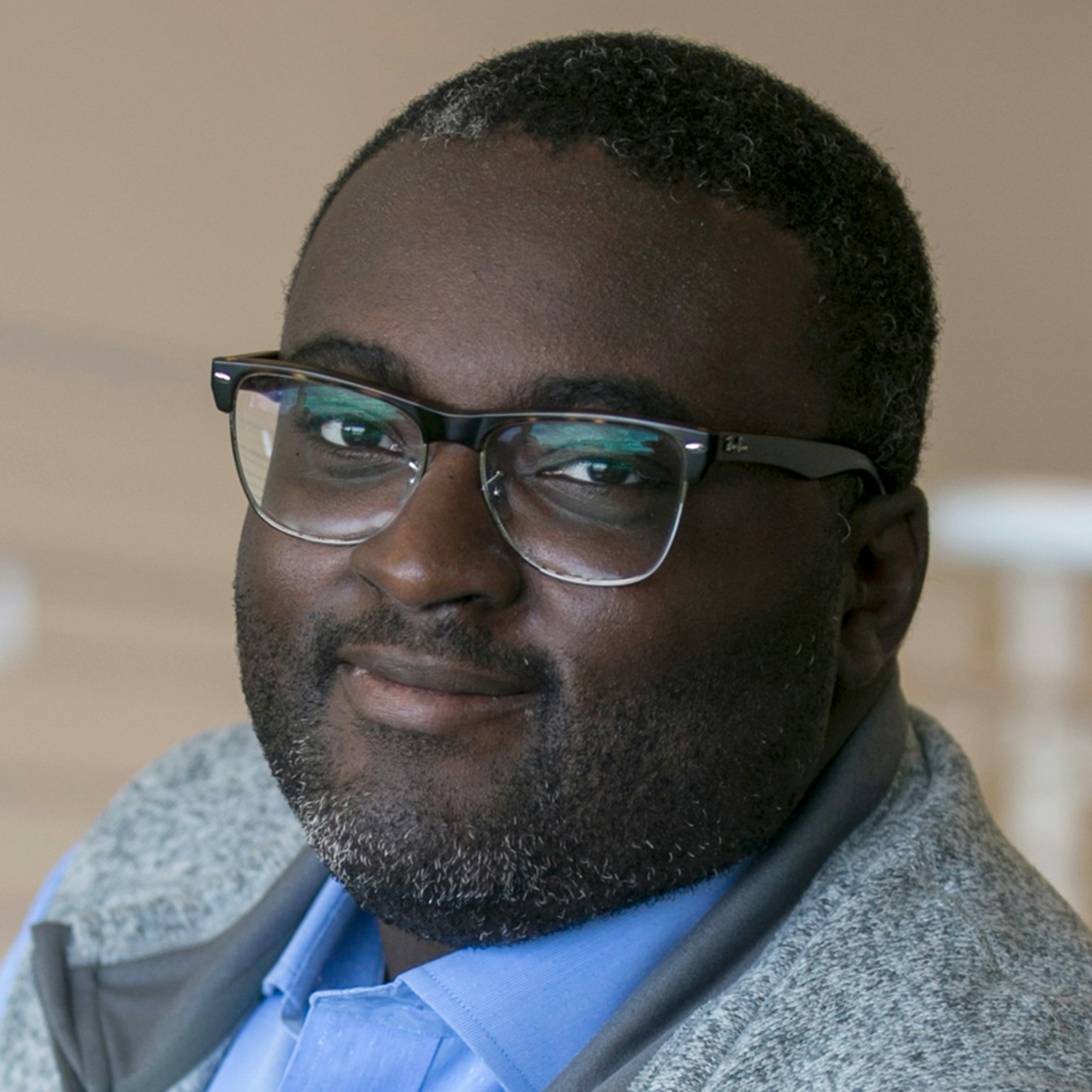 2018William Isaac is exploring the human rights implications of predictive algorithms used in policing.
2018William Isaac is exploring the human rights implications of predictive algorithms used in policing. -
Zoltán Búzás
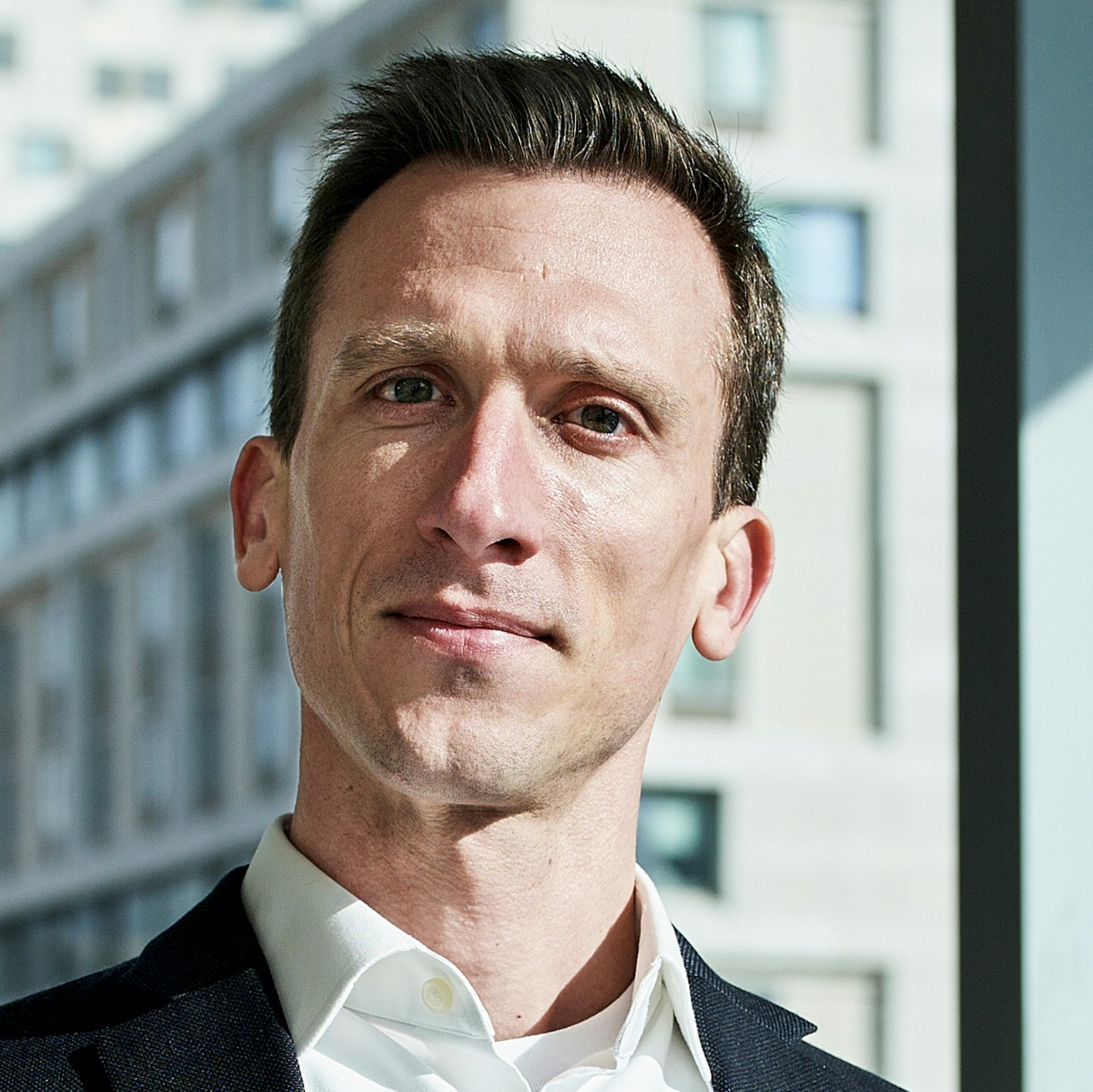 2018Zoltán Búzás, a political scientist, is writing a book about the “evasion” of human rights laws and norms.
2018Zoltán Búzás, a political scientist, is writing a book about the “evasion” of human rights laws and norms. -
Vanda Felbab-Brown
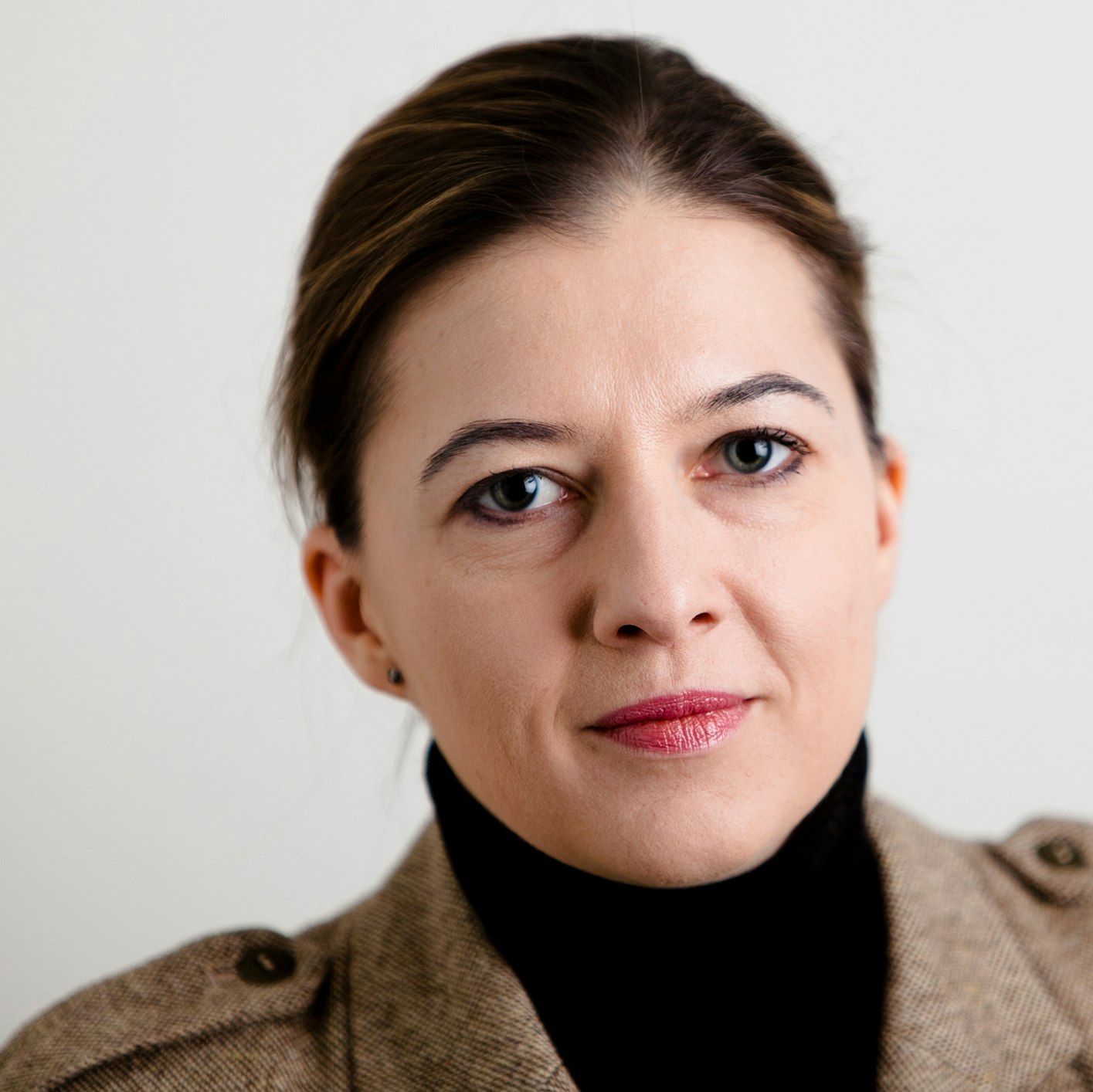 2013Vanda Felbab-Brown was researching seven illicit economies to determine how best to understand and manage them in ways that enhance human security and human rights.
2013Vanda Felbab-Brown was researching seven illicit economies to determine how best to understand and manage them in ways that enhance human security and human rights. -
John Feffer
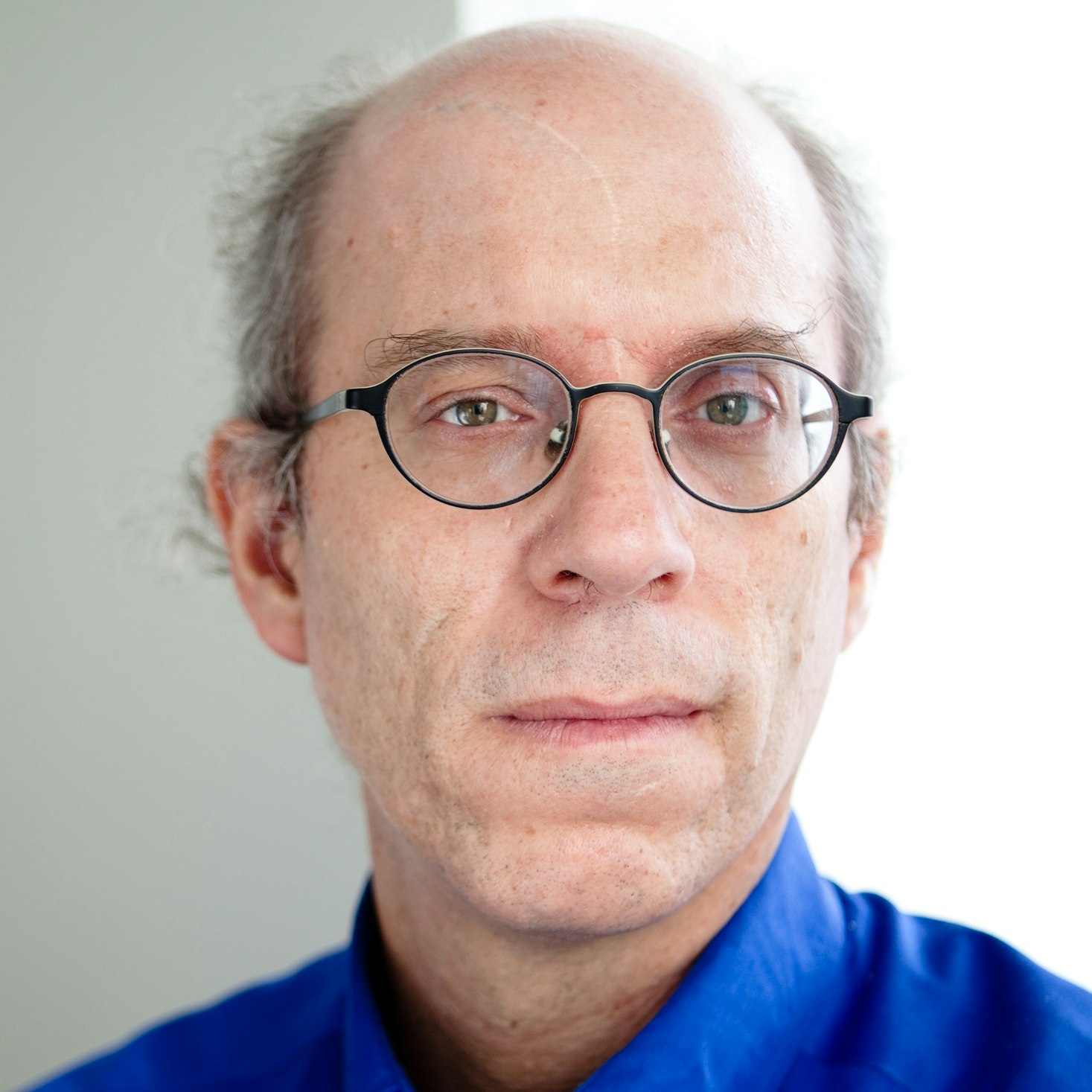 2012John Feffer interviewed leading activists and writers in Eastern Europe to derive lessons about the Soviet collapse and its aftermath.
2012John Feffer interviewed leading activists and writers in Eastern Europe to derive lessons about the Soviet collapse and its aftermath. -
Mark Gevisser
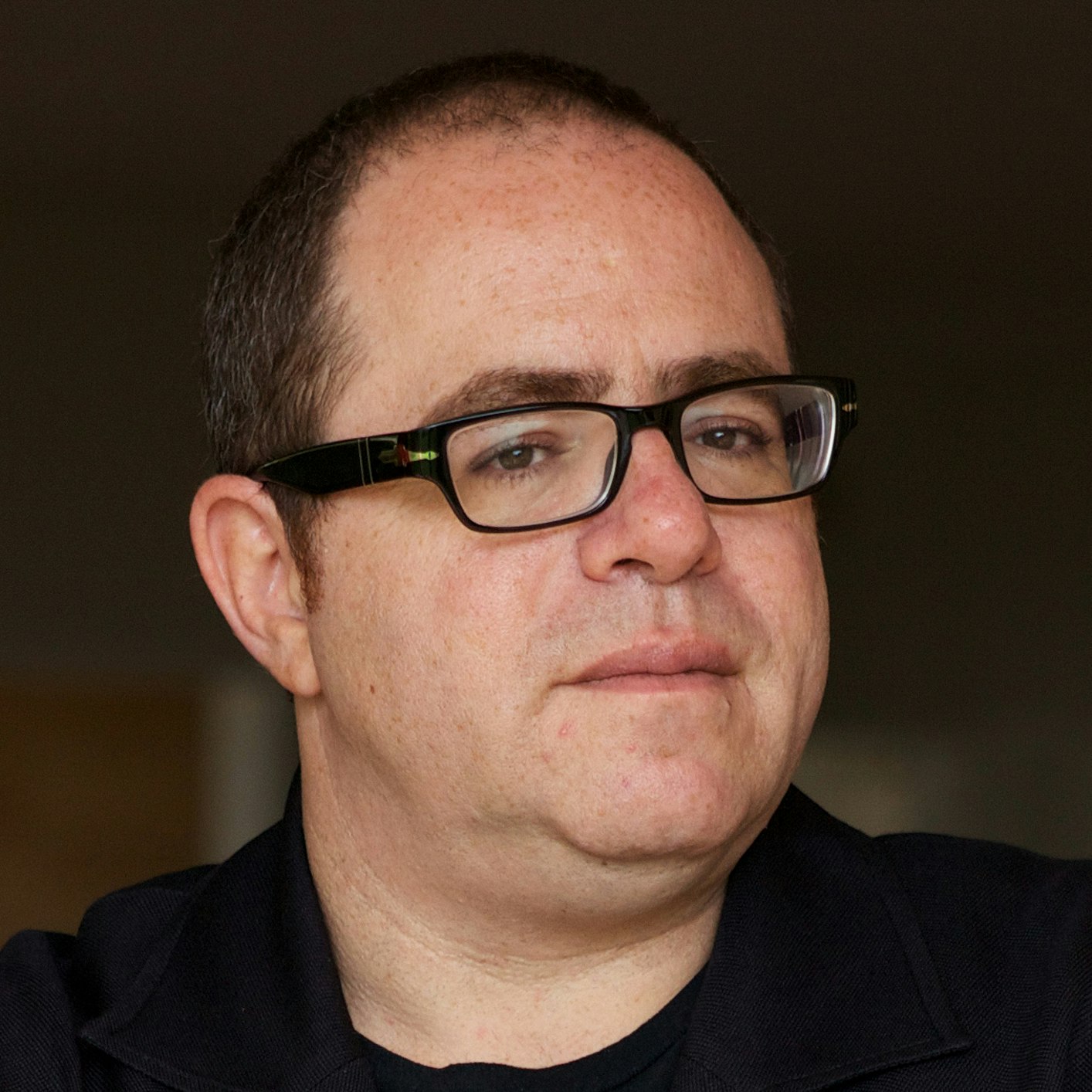 2012As an Open Society Fellow, Mark Gevisser examined the reach and effect of the growing global campaign for the rights of gay, lesbian, bisexual, transgendered, and intersexed people against the backdrop of globalization.
2012As an Open Society Fellow, Mark Gevisser examined the reach and effect of the growing global campaign for the rights of gay, lesbian, bisexual, transgendered, and intersexed people against the backdrop of globalization. -
Martina Vandenberg
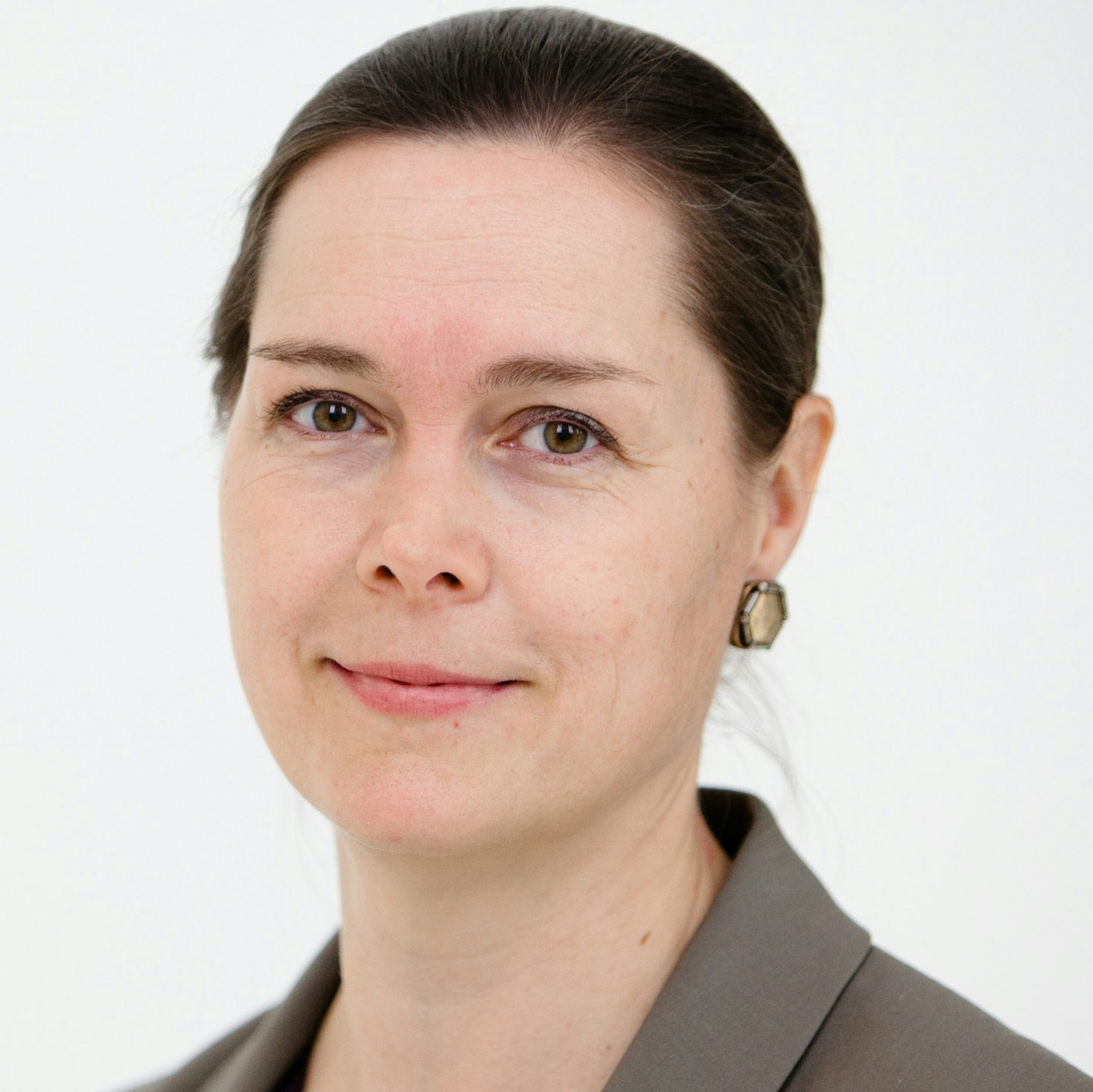 2012Martina Vandenberg created a legal clearinghouse to assist trafficking victims in the United States.
2012Martina Vandenberg created a legal clearinghouse to assist trafficking victims in the United States. -
Sarah Spencer
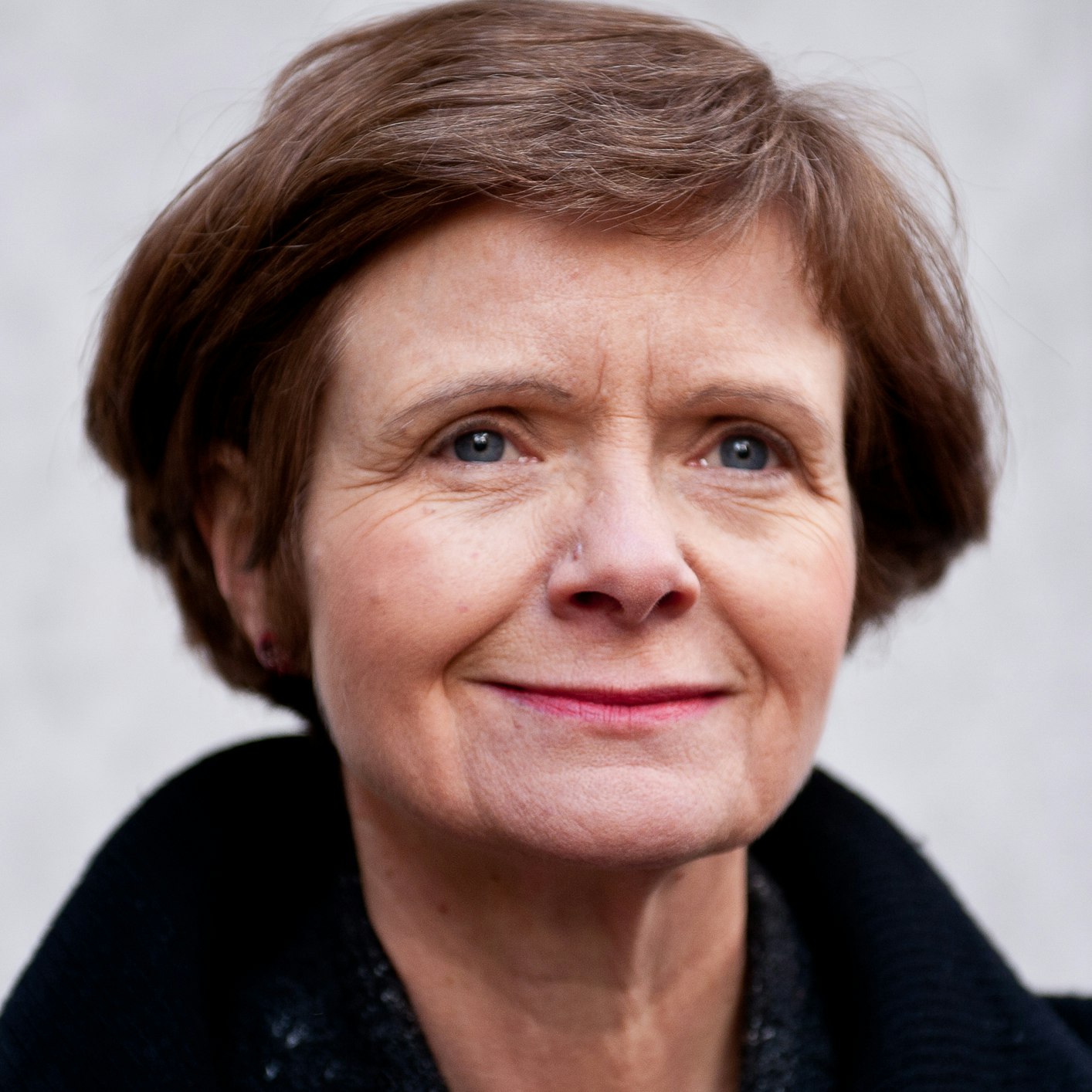 2012As an Open Society Fellow, Sarah Spencer investigated the provision of essential services to irregular migrants across Europe.
2012As an Open Society Fellow, Sarah Spencer investigated the provision of essential services to irregular migrants across Europe. -
Suki Kim
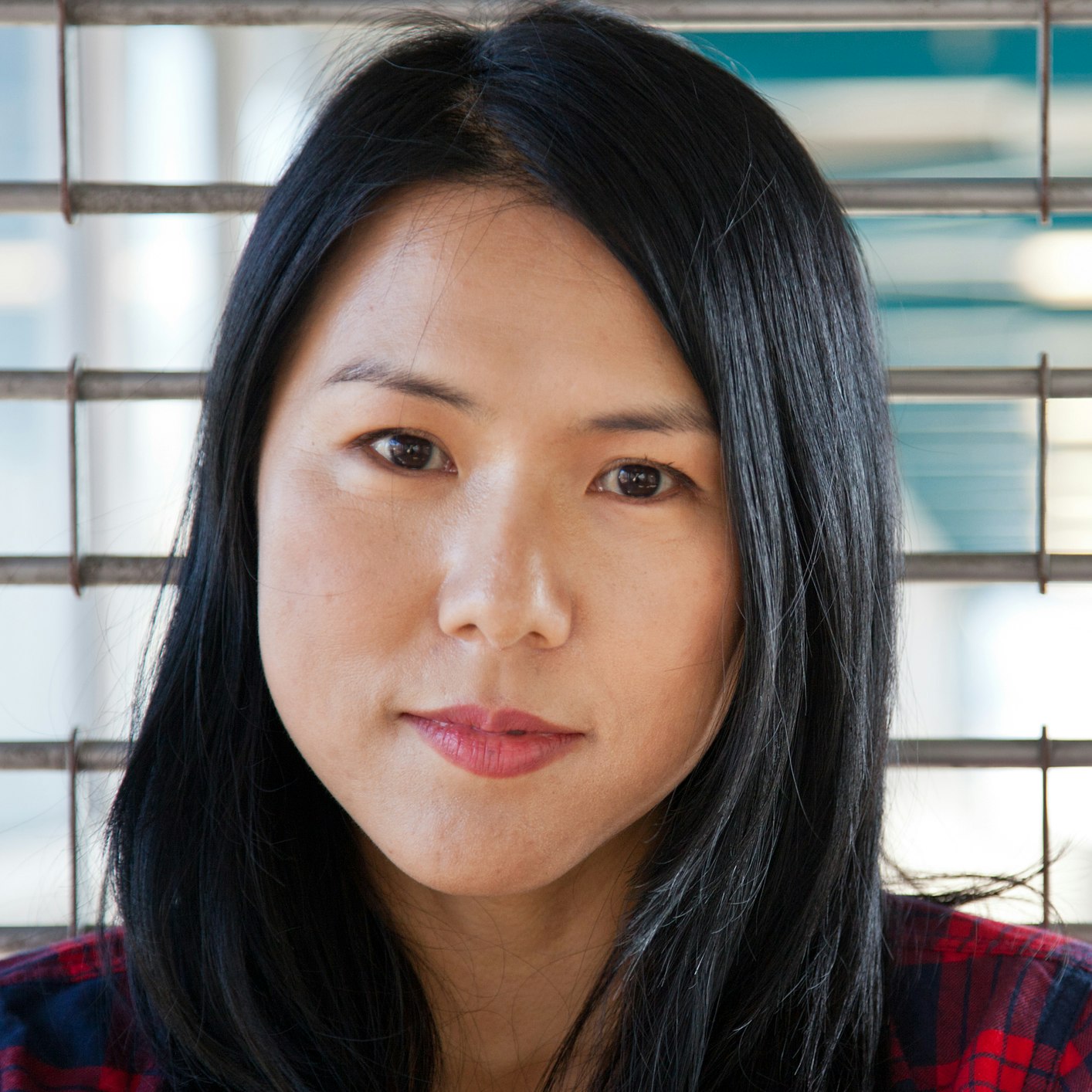 2012Suki Kim researched the political economy of migration from North Korea and recorded the stories of ordinary people caught in the division of the two Koreas.
2012Suki Kim researched the political economy of migration from North Korea and recorded the stories of ordinary people caught in the division of the two Koreas. -
Asef Bayat
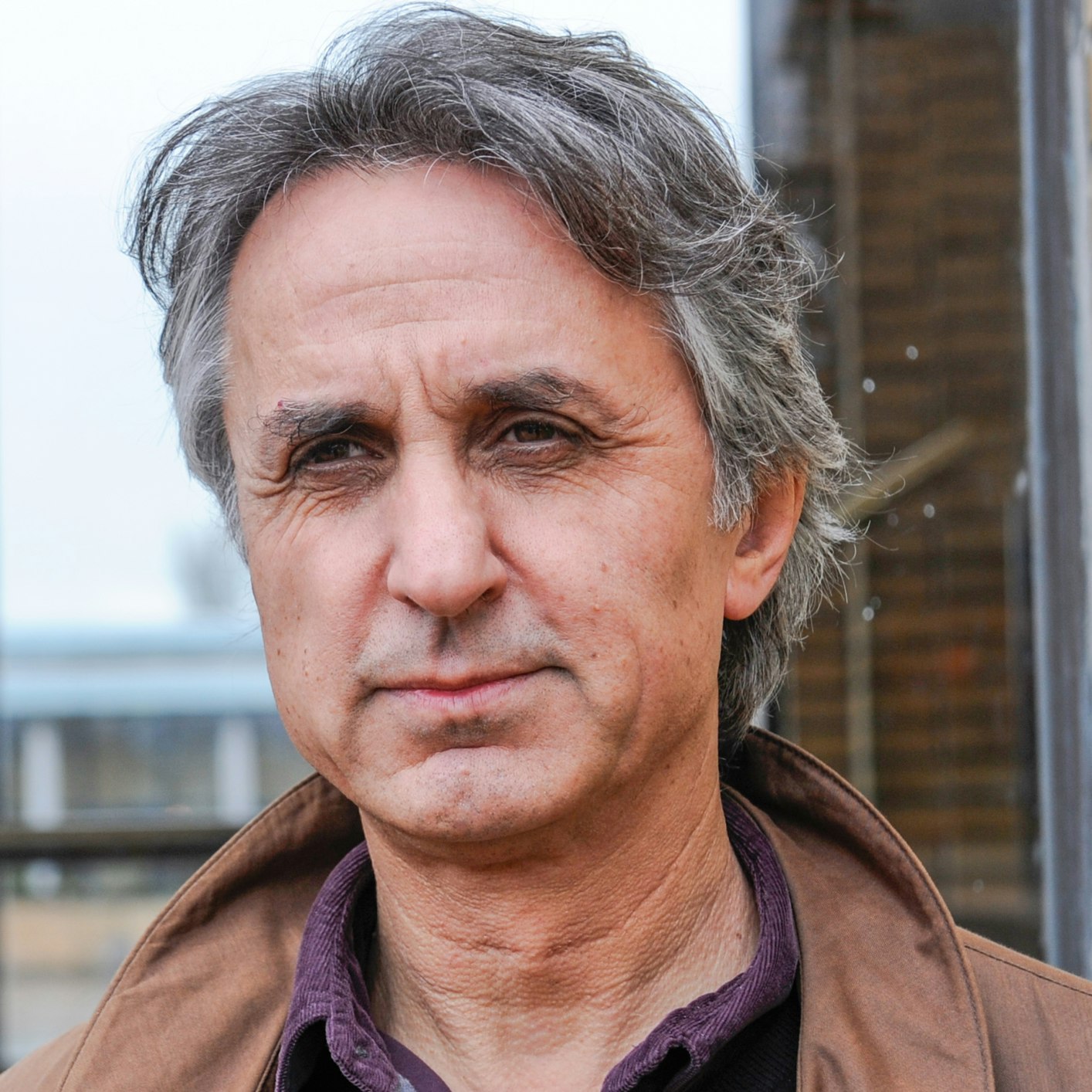 2011Asef Bayat studied “social non-movements” in the Arab world and their role in the Arab uprisings.
2011Asef Bayat studied “social non-movements” in the Arab world and their role in the Arab uprisings.
Subscribe to updates about new grant opportunities
By entering your email address and clicking “Submit,” you agree to receive updates from the Open Society Foundations about our work. To learn more about how we use and protect your personal data, please view our privacy policy.